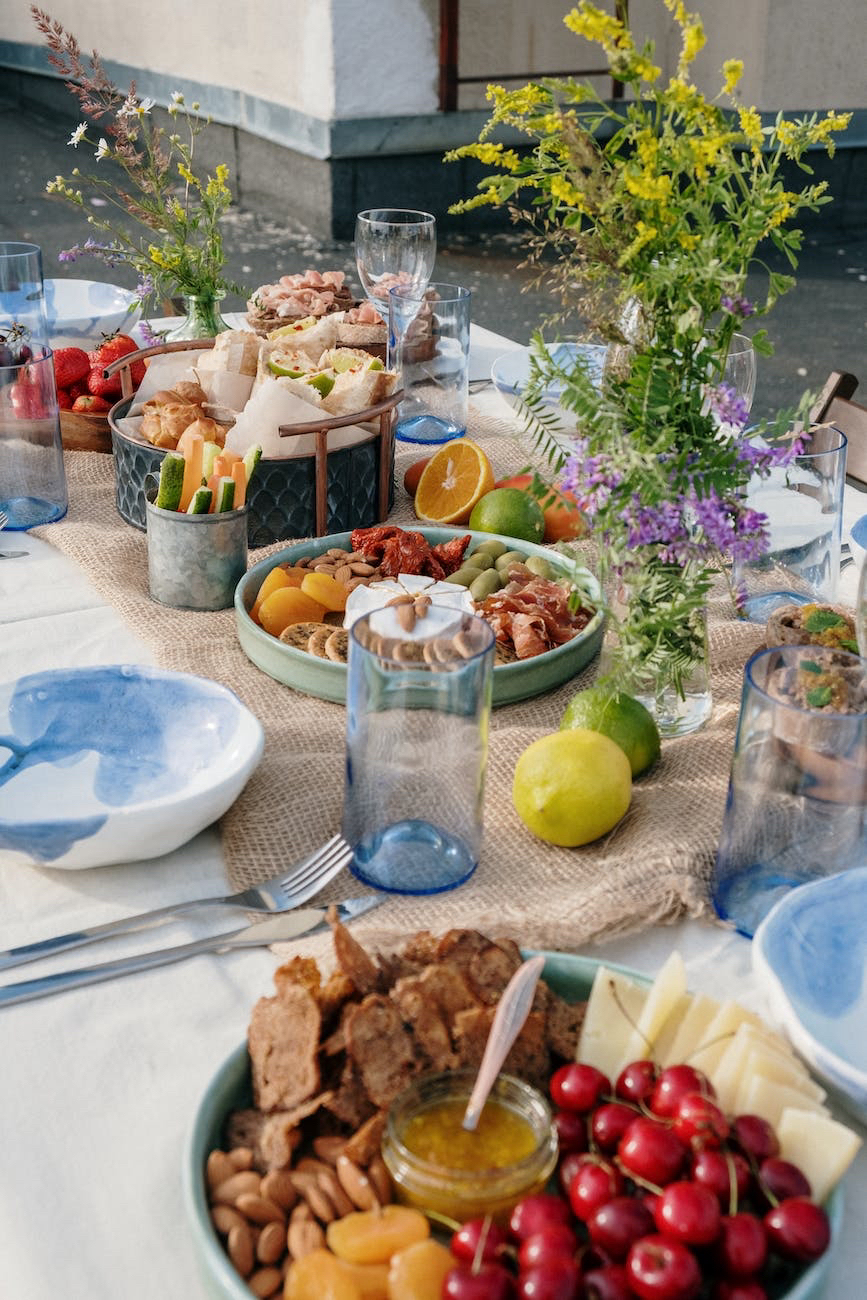Eating well and saving more can be easier when you know when to shop and where to look.
Looking for ways to get more from your food budget? Eating healthy doesn’t have to break the bank. These tips can help you shop smarter to get the most nutritious foods at a better price.
- Choose frozen vegetables — Because they’re harvested and frozen at their peak freshness, their nutrients are similar to fresh and they last longer.
- Go meatless — Replace meat a few times each week with lower cost, high nutrition proteins like eggs, lentils, black beans, kidney beans or quinoa.
- Save on seafood — Instead of fresh fish, buy canned tuna, salmon or sardines that are just as healthy and less expensive.
- Can the cola — Drink more water instead. Sodas, sports drinks and juices are high-cost, high-calorie items. A pitcher that filters tap water can cut down on beverage costs and provide gallons of drinking water with zero calories.
- Plan meals — Spend some time at the beginning of each week to meal plan. This can help you avoid takeout and also help you build a grocery list. Remember to include plans for lun
What can you eat for a dollar these days?
How about some of the tastiest, most nutrient-rich foods that can help you stay healthy. We’re talking about bananas, eggs, oranges, cabbage, beans, tuna, rice — all for less than $1 per serving?
Reference : https://file.anthem.com/105415ANEENABS.pdf






Leave a comment